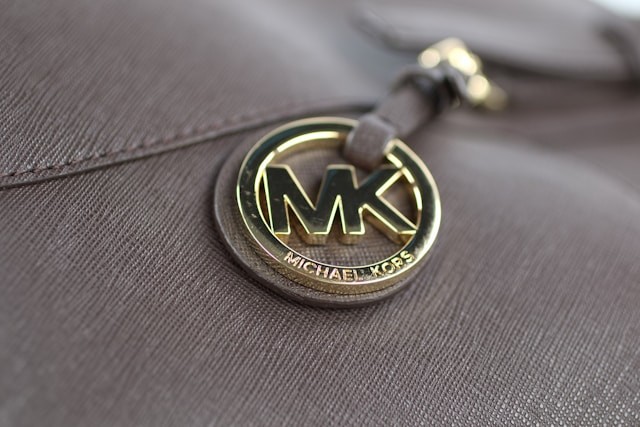
The US Federal Trade Commission filed a lawsuit on Monday to prevent Coach parent Tapestry's eight point five billion dollars acquisition of Michael Kors owner Capri, arguing that the deal would erase "direct head-to-head competition" between the main brands of the two luxury handbag companies.
FTC Blocking Handbag Makers' Merger
The FTC stated that the proposed merger, which would form a company with approximately 33,000 employees globally, might lead to lower wages and reduced employee benefits.
In December, US antitrust enforcers also came out with new merger guidelines in a bid to encourage fair, open, and competitive markets.
The FTC warned that the proposed merger could rob millions of American consumers of the advantages stemming from the head-to-head competition between Tapestry and Capri, spanning from areas such as pricing, discounts, promotions, innovation, design, marketing, and advertising.
Tapestry's Stance on The Antitrust Challenge
Antitrust lawyers noted that the FTC's uncommon antitrust challenge against a high-end fashion merger could establish a precedent for regulating luxury deals in the future.
Tapestry CEO Joanne Crevoiserat stated in an interview with Reuters that the company takes pride in the wages and benefits provided to employees, emphasizing that the talent competition extends beyond the fashion industry alone.
Crevoiserat expressed the belief that the FTC fundamentally misunderstands the marketplace, modern consumer shopping habits, and the deal's impact on industry employees and workers, adding that they source and lose talent to a wide range of competitors.
Tapestry proposed to acquire Capri in August to form a US fashion powerhouse capable of effectively competing against larger European rivals like LVMH, the parent company of Louis Vuitton, and potentially gaining a larger share of the global luxury market.
However, the FTC requested more information from the firms regarding their deal in November, saying that Capri Holdings strongly disagreed with the FTC's decision, asserting that the transaction would not limit, reduce, or constrain competition, citing market realities that the government's challenge overlooks.
Antitrust experts pointed out that the US luxury market is highly fragmented, featuring numerous distinct brands serving a diverse array of consumers. They argued that legacy fashion brands typically encounter robust competition from newly launched labels yearly.
Howard Hogan, chair of the fashion, retail, and consumer practice at law firm Gibson Dunn, remarked that the FTC's decision to sue was unexpected because there was no shortage of competition in the fashion, apparel, and accessories industries. He criticized the commission for focusing on a marketing term, "accessible luxury," and treating it as if it were a distinct market isolated from the broader competition.
Earlier in April, the companies had received regulatory clearance from the European Union and Japan for their deal, which would consolidate top luxury labels such as Kate Spade and Jimmy Choo under one roof.
RELATED ARTICLE: US-Nippon Deal Continues to Face Opposition; Two Steel-State Senators Pleading to Stop The Merger
© 2017 Jobs & Hire All rights reserved. Do not reproduce without permission.




